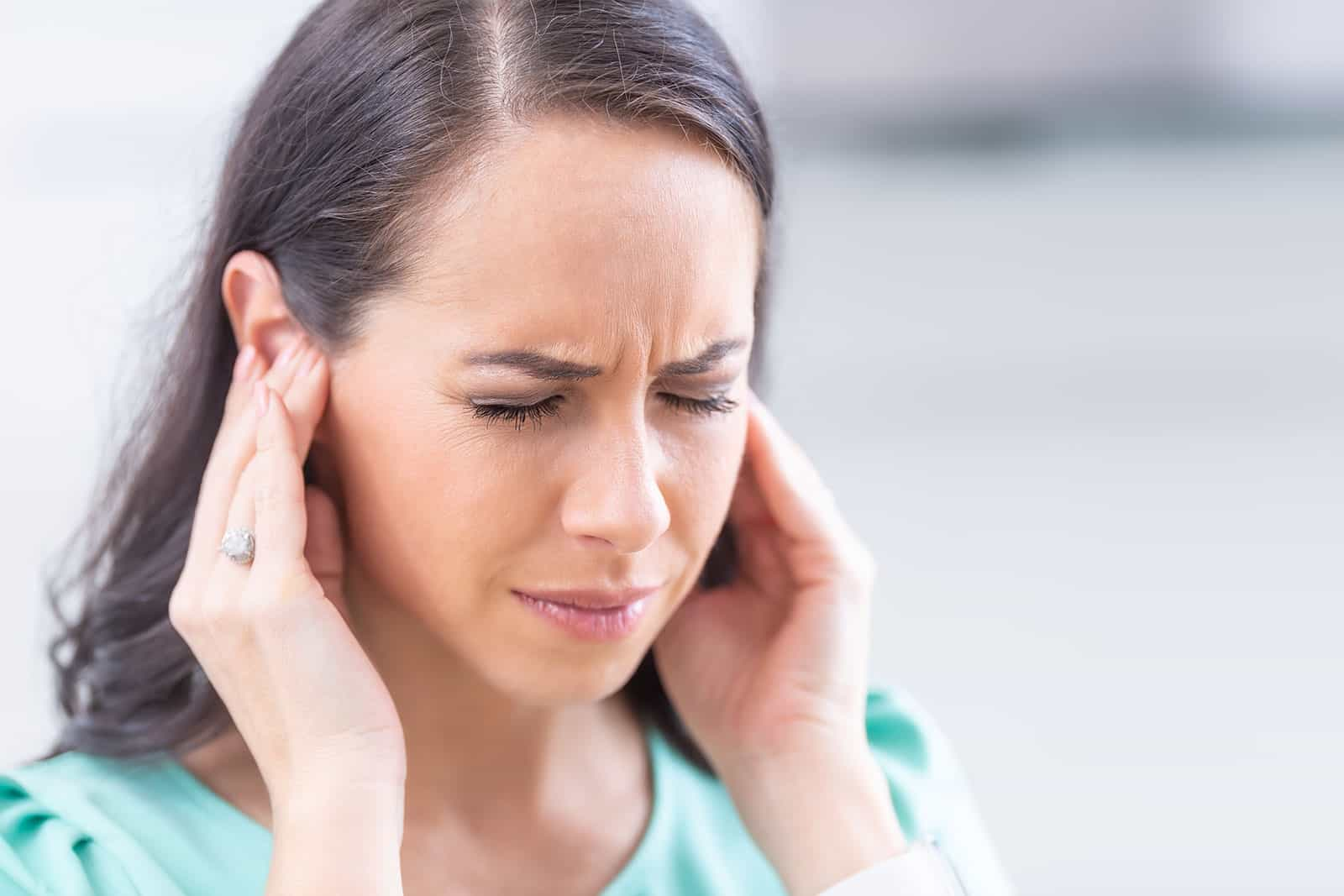Why are my ears so sensitive to noise?
If certain everyday sounds, like chewing, breathing, or tapping, trigger a strong emotional reaction for you, you might be experiencing misophonia.
In this article and video, part of our ‘the audiologist answers’ series, I explain what misophonia is and what can help, from sound therapy to cognitive behavioural therapy (CBT), as well as daily coping strategies.
What is misophonia?
Misophonia is a condition where certain everyday sounds, such as chewing, breathing, or tapping trigger an extreme emotional reaction, making you feel intensely irritated or even panicked and angry.
It’s not about loudness, it’s about your brain reacting strongly to specific trigger sounds, usually soft, repetitive, or human-made sounds such as eating or sniffing. The reaction isn’t just annoyance, it can feel like panic, rage, or even disgust. This is because your brain misfires and treats the sound like a threat – that’s your fight or flight response kicking in, not just sensitivity.
Is misophonia real?
While we don’t yet fully understand why some people experience misophonia, we do know it’s real and neurological. Mot imaginary, and not overreacting!
People who experience misophonia often report physical flight or fight responses, such as racing pulse or shortness of breath, and for some people misophonia can have a significant impact on their mental health, wellbeing, work, and/or relationships.
Is misophonia the same as hyperacusis?
While misophonia and hyperacusis both involve heightened sensitivity to sound, they are distinct conditions.
Misophonia involves a severe emotional reaction to everyday trigger sounds, whereas hyperacusis is characterised by increased sensitivity to sound loudness, causing physical pain or discomfort.
How to treat misophonia or cope with noise anxiety?
Treatments for misophonia or noise anxiety tend to support you in learning to cope with and/or adapt to the emotional trigger, others aim to mask the sound triggers.
Some people who experience misophonia benefit from sound therapy. This involves the layering of safe neutral sounds into the background. Others find support through CBT, which can be used to help retrain an individual’s emotional responses to trigger sounds.
Each person’s experience of misophonia can differ and, for some, simple interventions like noise masking apps or custom ear tips can make a real difference day-to-day.
Because misophonia is not well understood, people often feel isolated. Therefore, knowing it’s not just you and that support is available can be very helpful.
Is there a misophonia test & when to seek help?
The internet is awash with self diagnosis tests to tell you whether you have misophonia. While, for many, misophonia is unpleasant, it may not be severe enough to impact on their enjoyment of life or wellbeing. For others, misophonia can be a severely disabling condition.
Where misophonia is causing you frequent distress and/or is having an impact on your daily activities, relationships, or metal health, you should seek help from a healthcare provider, particularly if you have misophonia alongside other mental health conditions.
The Latest
Damped ear hook: why there’s a mesh inside your hearing aidDiabetes and hearing loss: the overlooked link, early signs and when to get testedWhen healthcare is hard to hear, people get hurtHearing Aid Insurance: Do You Need It, and What Cover Actually Works?Auracast Explained: 5 Real-World Benefits for Hearing Aid Users

